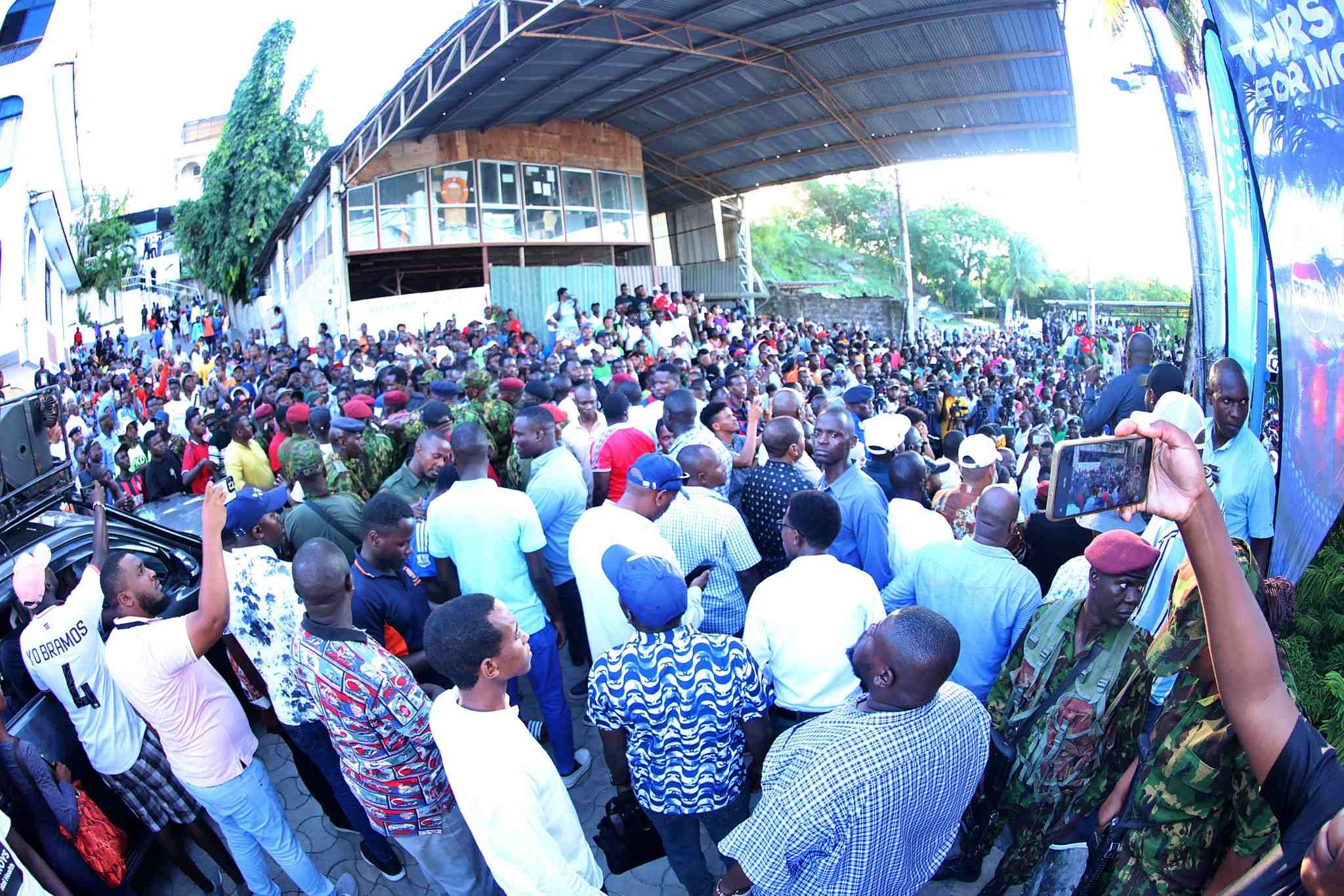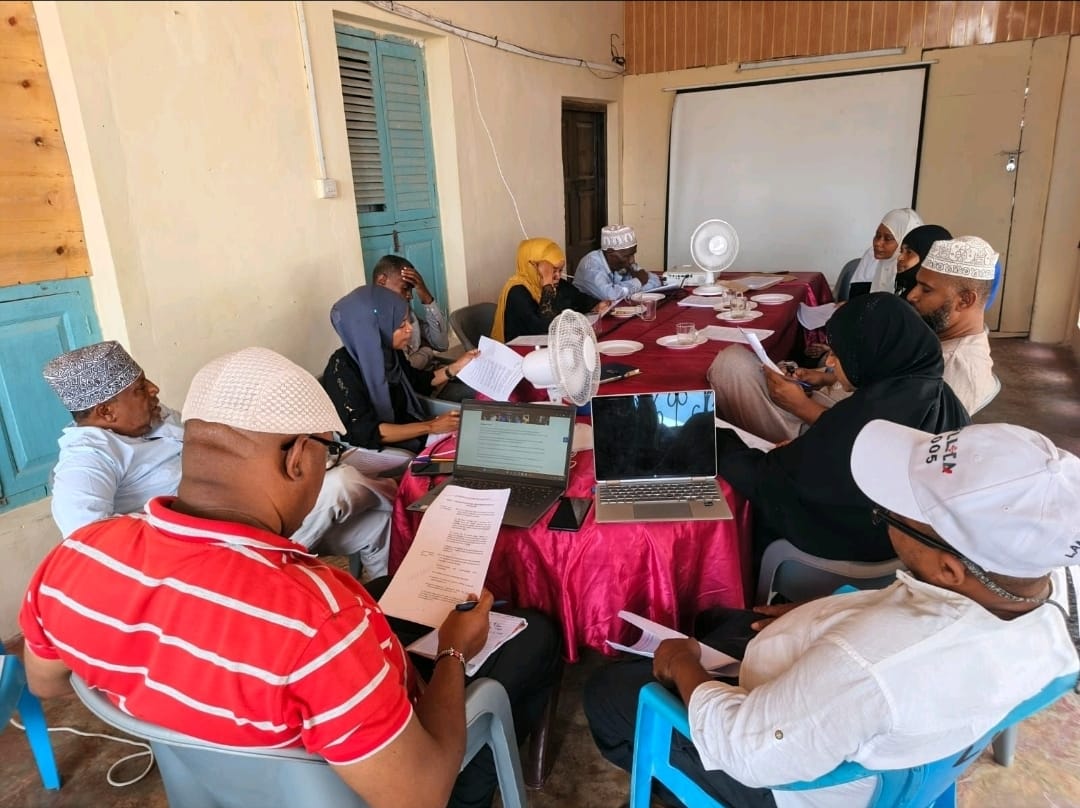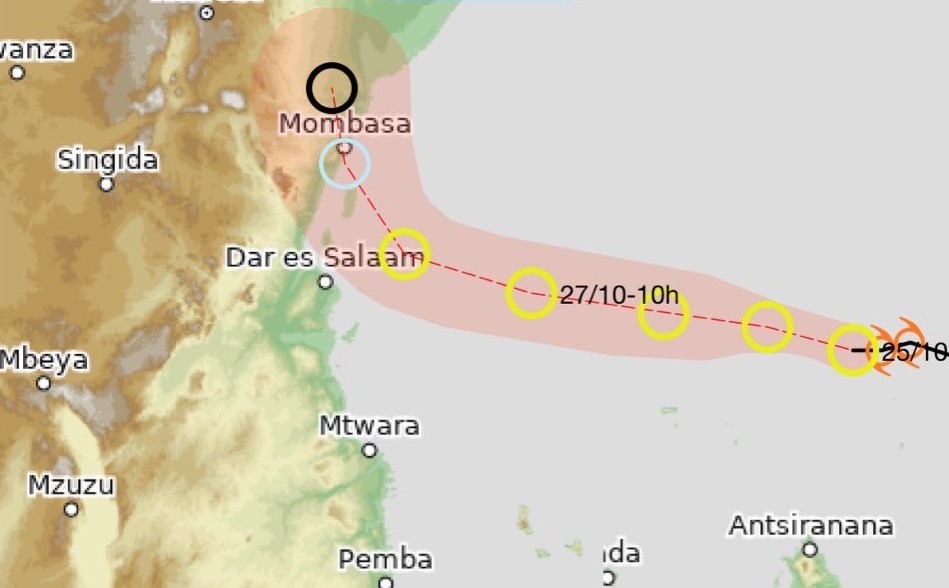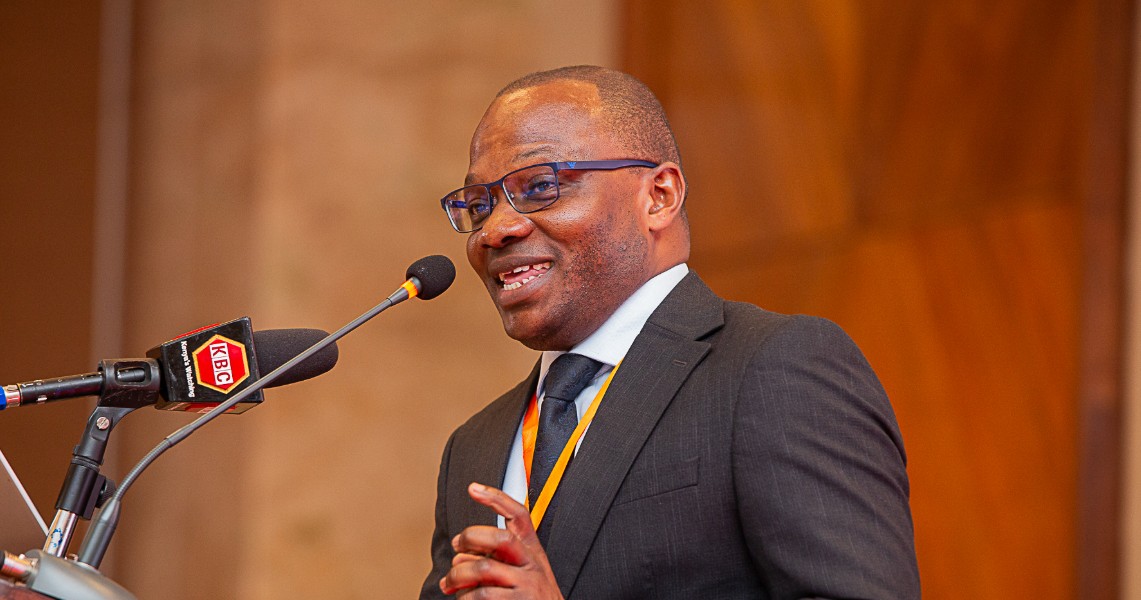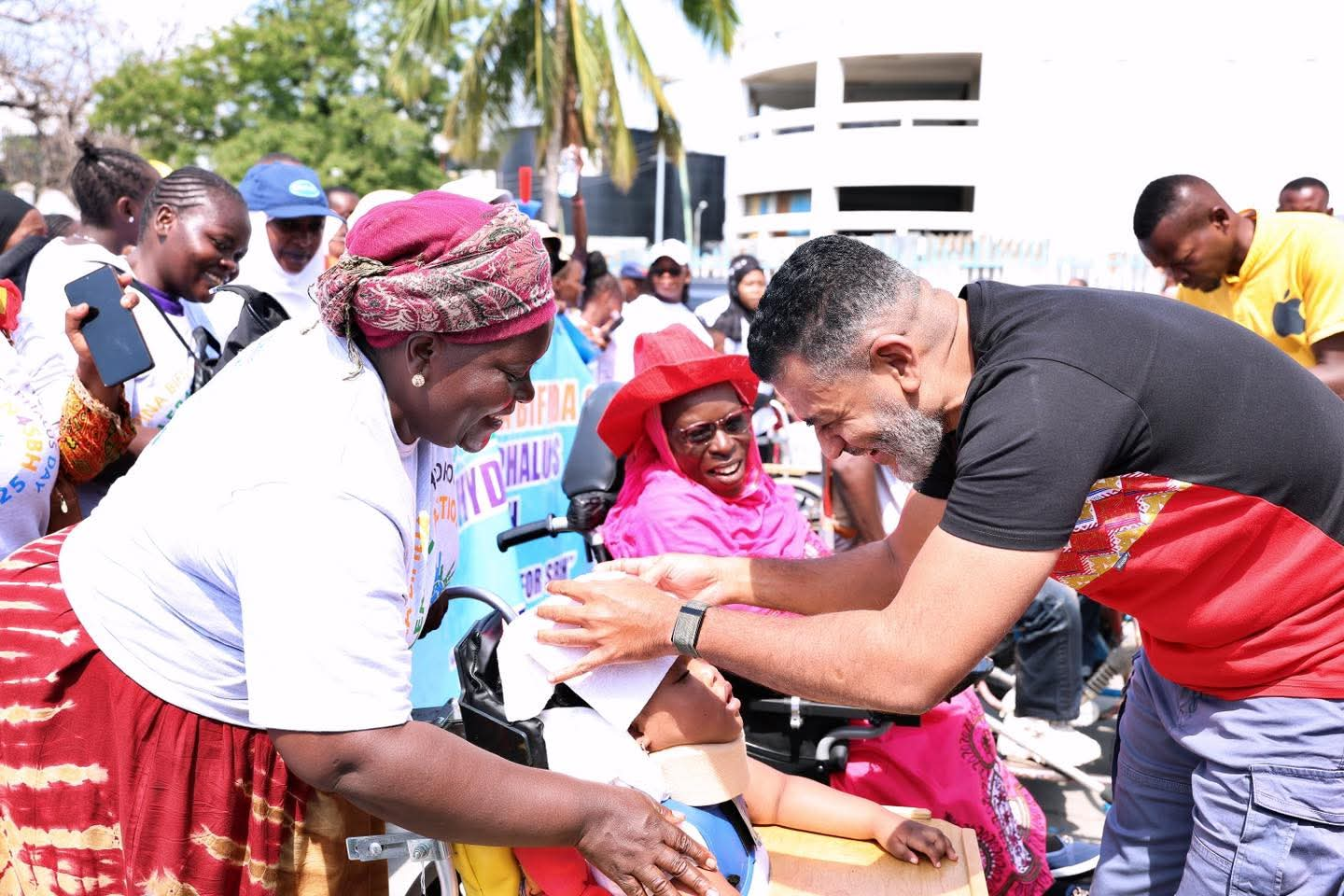House committee gives nod to Ruto's three diplomatic nominees
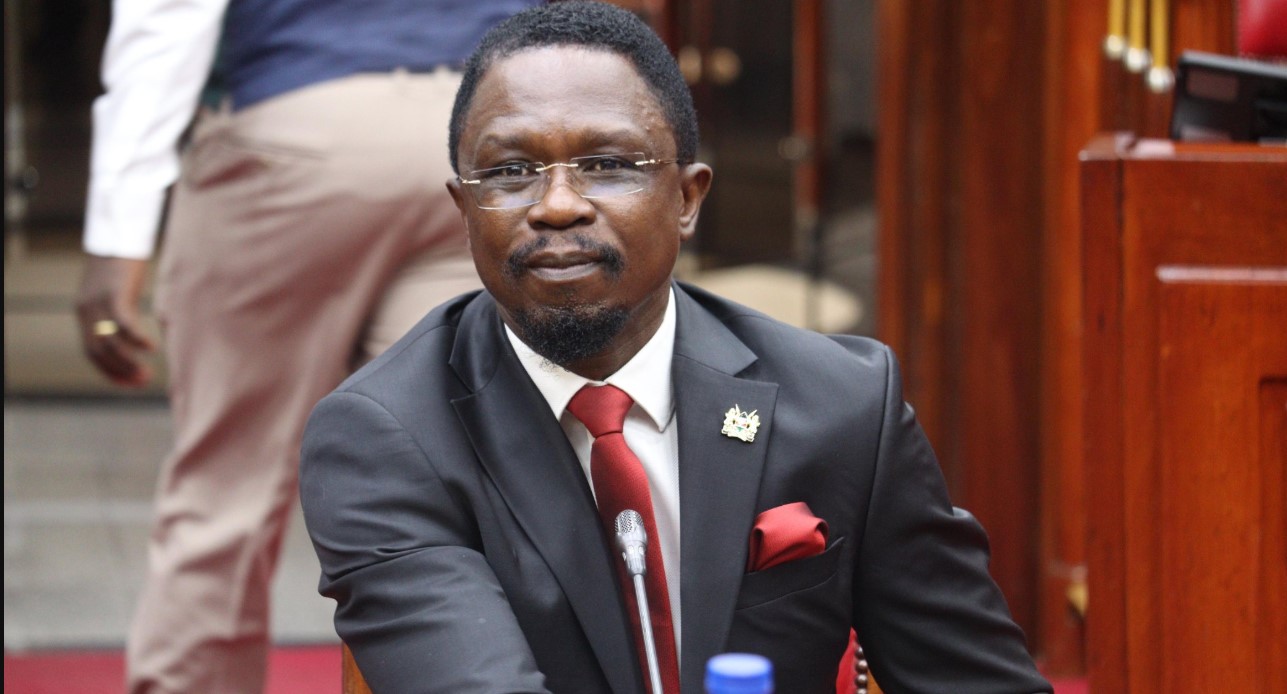
The three individuals include Ababu Namwamba as the Permanent Representative of Kenya to the United Nations Environmental Programme (UNEP), Andrew Karanja as Kenya’s Ambassador to Brazil, and Noor Gabow as Consul-General to Port-au-Prince, Haiti.
The Departmental Committee on Defence, Intelligence, and Foreign Relations has approved the appointments of three nominees for key diplomatic roles.
The three individuals, who were vetted by the committee on January 10, 2024, include Ababu Namwamba as the Permanent Representative of Kenya to the United Nations Environmental Programme (UNEP), Andrew Karanja as Kenya’s Ambassador to Brazil, and Noor Gabow as Consul-General to Port-au-Prince, Haiti.
More To Read
- Kenya calls for swift action on global plastic pollution treaty
- Ababu Namwamba assumes leadership of G77+China Nairobi Chapter
- Ex-CS Karanja eyes better ties with Brazil, timely communication as ambassador
- Ex-DIG of Police Gabow defends leadership during 2022 Bomas chaos
- Ababu Namwamba nominated as Kenya’s UN envoy in mini-reshuffle
- New task force to probe why 100 million kilos of tea remain unsold
In a letter to National Assembly Speaker Moses Wetangula, the committee confirmed that the nominees had been thoroughly scrutinised based on their academic credentials, professional training, experience, personal integrity, and background.
The Committee said the evaluation followed the guidelines set out in the Public Appointments (Parliamentary Approval) Act, particularly Section 6(7) and (8), which specify the criteria for vetting candidates.
“The nominees’ suitability for the offices they were nominated to was assessed through a thorough review of their qualifications, as well as their performance during the hearings,” the committee said.
Andrew Karanja holds a Doctor of Philosophy in Development Economics and Policy from Wageningen University in the Netherlands, as well as a Master of Science in Agricultural Economics and a Bachelor of Science in Agriculture from the University of Nairobi.
The Committee observed that his extensive background in agriculture makes him an ideal candidate to enhance Kenya’s agricultural trade and policy collaborations with Brazil, a country known for its agricultural innovations.
With over 25 years of experience, including roles as Cabinet Secretary for Agriculture and Livestock Development and Senior Agricultural Economist at the World Bank, the Committee said Karanja’s leadership in agriculture policy will be critical in strengthening Kenya’s exports, particularly tea, coffee, and horticultural products.
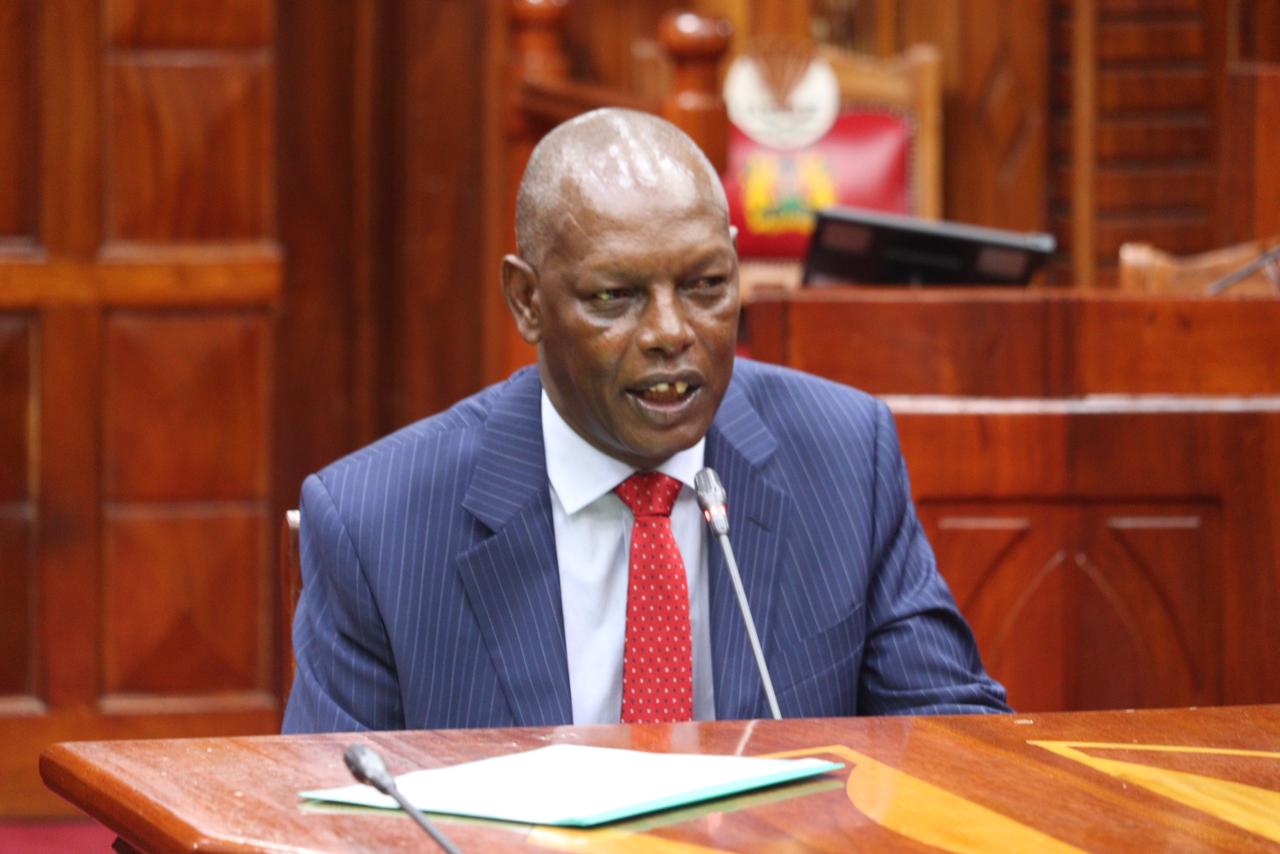 Former Cabinet Secretary for Agriculture and Livestock Development, Andrew Karanja before the Departmental Committee on Defence, Intelligence, and Foreign Relations at Parliament Buildings, Nairobi on January 10, 2025. (Photo: National Assembly)
Former Cabinet Secretary for Agriculture and Livestock Development, Andrew Karanja before the Departmental Committee on Defence, Intelligence, and Foreign Relations at Parliament Buildings, Nairobi on January 10, 2025. (Photo: National Assembly)
“These roles showcase his capacity to manage high-level portfolios and negotiate effectively in both national and international contexts,” the Committee said in its recommendations.
It noted that he also plans to foster knowledge transfer in renewable energy and agricultural technology through partnerships with Brazil.
“His focus on diaspora engagement reflects a comprehensive understanding of Kenya’s foreign policy pillars. He plans to empower the Kenyan diaspora in Latin America through community organizations like the Council of African Residents in the Americas (CARA). He also plans to explore opportunities for Kenyan workers in Brazil’s labour market, particularly by capitalizing on the country’s large population of African descent,” reads the recommendations.
Ababu Namwamba, a seasoned diplomat and legal expert also holds a Master of Laws in International Legal Studies from the American University, Washington College of Law.
He has previously served as Chief Administrative Secretary in the Ministry of Foreign Affairs and represented Kenya in key global forums, including the United Nations General Assembly.
The Committee observed that Namwamba’s leadership experience and advocacy in global governance, including his involvement in Kenya’s successful bid for a non-permanent seat in the United Nations Security Council, position him well to represent Kenya at UNEP.
The Committee said he aims to align UNEP’s environmental goals with Kenya’s domestic priorities and champion initiatives such as the planting of 15 billion trees by 2032.
“Namwamba demonstrated a clear understanding of climate change issues and Kenya’s commitment to global environmental goals, including the carbon credit system and reforestation initiatives. He has pledged to advance Kenya’s target of planting 15 billion trees by 2032 and to actively engage in UNEP’s Global Plastics Treaty and other environmental initiatives that align with Kenya’s BETA agenda,” reads the recommendations.
Further, Noor Gabow brings over 36 years of experience in law enforcement and diplomacy. He holds a Master of Governance, Peace, and Security Studies from African Nazarene University and has received advanced training in International Strategic Leadership.
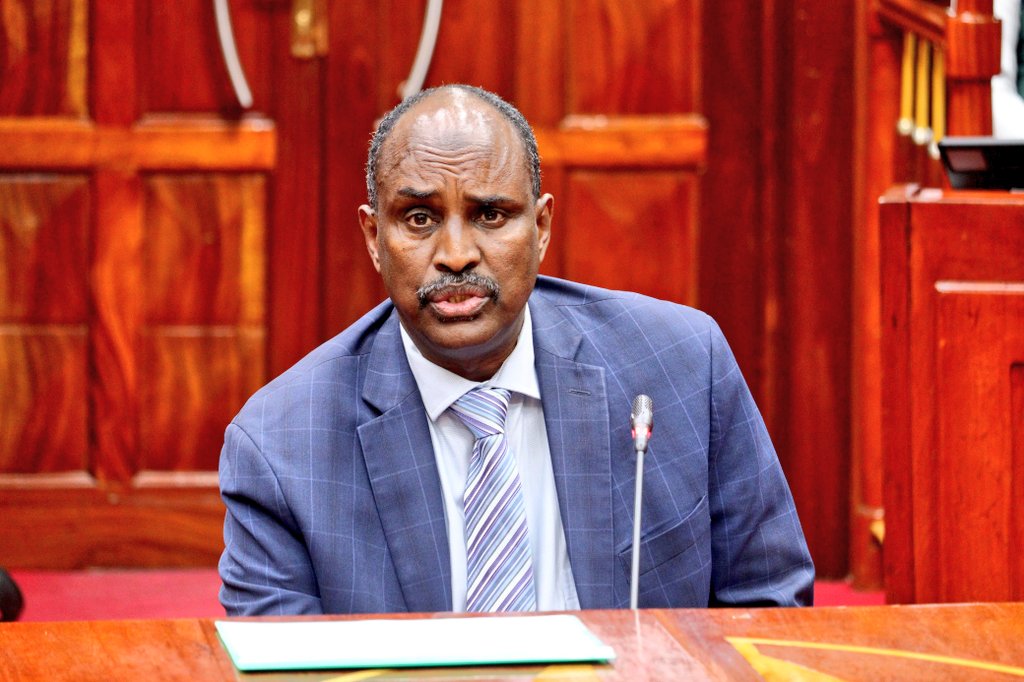 Former Deputy Inspector General of Police, Noor Gabow before the National Assembly's Defence Committee during vetting at Parliament Buildings on January 10, 2025. (Photo: National Assembly)
Former Deputy Inspector General of Police, Noor Gabow before the National Assembly's Defence Committee during vetting at Parliament Buildings on January 10, 2025. (Photo: National Assembly)
Gabow has served in numerous peacekeeping roles, including Deputy Inspector General of the Administration Police and Mission Manager at the United Nations Headquarters in New York.
The Committee highlighted that his extensive experience in international peacekeeping, particularly in conflict zones such as Haiti, makes him well-suited to lead Kenya’s diplomatic mission in Port-au-Prince.
His focus will be on expanding trade relations and positioning Kenya as a key partner in Haiti’s recovery and development.
The committee’s approval paves the way for these nominees to take on their diplomatic roles and contribute to Kenya’s international relations.
The committee also raised concerns about a recurring issue of nominees declining appointments, particularly the successive rejections of the High Commissioner role in Accra.
Margaret Nyambura Ndung’u, the nominee for High Commissioner to Accra, Ghana, withdrew from the approval process prior to the hearings.
This trend, they noted, highlighted potential weaknesses in the nomination process, which could affect public confidence and lead to prolonged vacancies in critical diplomatic positions.
In response, the committee recommended that the Ministry of Foreign and Diaspora Affairs, alongside the Chief of Staff and Head of the Public Service, strengthen their due diligence procedures to ensure that nominees are fully informed and committed to their roles.
Top Stories Today

